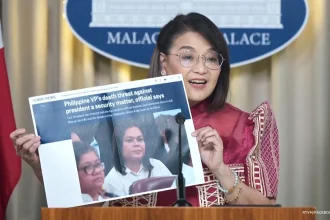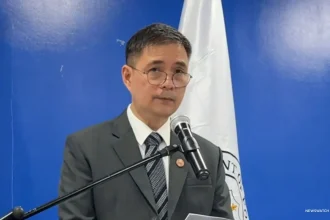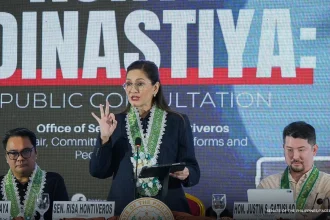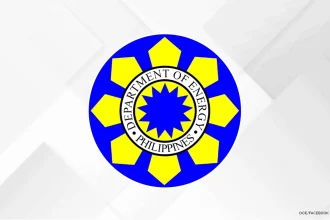
Metro Manila, Philippines – Southeast Asian law ministers on Friday, Nov. 14, signed the ASEAN Treaty on Extradition (ATE), a landmark regional agreement that establishes a common legal framework for the surrender of fugitives across member states.
The treaty was signed during the 13th ASEAN Law Ministers Meeting, hosted by the Philippines at the Grand Hyatt Manila in Taguig City from Nov. 14 to 15.
The Department of Justice chaired the two-day gathering, which opened with remarks from President Ferdinand Marcos Jr.
Marcos said the treaty reflects the region’s shared resolve to ensure that people facing criminal charges cannot escape accountability by crossing borders.
“The AET reflects our collective resolve — that individuals with criminal charges will not escape justice by crossing borders in ASEAN,” he said.
He added that the treaty harmonizes legal standards long used in international agreements, including provisions on the extradition of nationals, rules on provisional arrest, documentation requirements and mechanisms for dispute settlement.
“This treaty harmonizes legal principles commonly found in international agreements,” Marcos said.
“The signing of the AET will be a defining moment in our effort to bring to justice those who have acted against the law.”
Marcos also urged ASEAN to prepare for new transnational challenges, citing the rise of online crimes and the growing influence of artificial intelligence.
“I speak of the threat of cybercrimes and the ethical and legal implications of Artificial Intelligence,” he said. “We must ensure that our laws can govern the digital space fairly and securely.”
He stressed that safeguarding the rule of law is essential in preventing abuses of power.
“We have seen how corruption, inefficiency, and impunity can erode the moral bases of our societies. Therefore, we must ensure that the legal framework works for the benefit of our peoples,” Marcos said.
ASEAN officials said the ATE strengthens regional efforts to fight cross-border crime and reinforces the region’s commitment to peace and security.
In the Philippines, the Department of Justice serves as the central authority for extradition, with the Office of the Chief State Counsel handling requests.
The meeting, first convened in 1986, is one of the sectoral bodies under the ASEAN Political-Security Community. This year’s signing of the extradition treaty, Marcos said, strengthens ASEAN’s legal foundation at a time of increasing regional complexity.
















